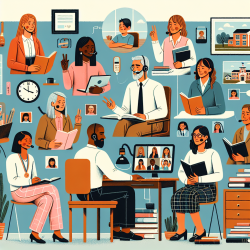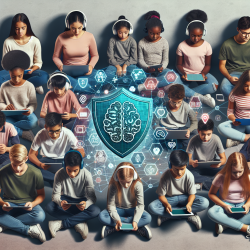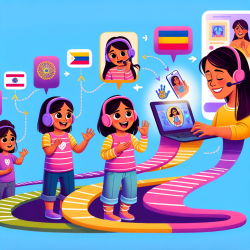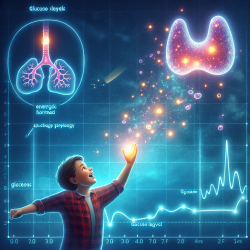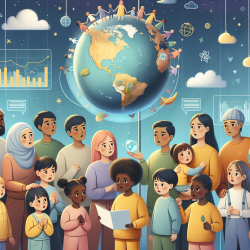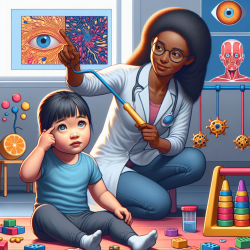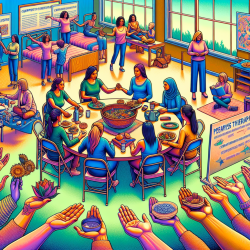Revolutionizing Caregiver Training with mHealth Technology
In a groundbreaking study, researchers have piloted a mobile health (mHealth) application designed to enhance the skills of caregivers for children with developmental disorders (DD) in South Africa. This innovative approach offers a promising solution to the challenges faced by caregivers in low- and middle-income countries, where access to traditional health and educational services is often limited.
The Power of mHealth: Nna’Le’wena App
The study introduced the Nna’Le’wena app, a Setswana phrase meaning "Me and You," which was developed to assist caregivers in using evidence-based communication strategies with their children. The app was tested over a 12-week period with caregivers of children aged 3 to 6 years, who were already receiving early childhood therapy. The app provided audio instructions in English and Setswana, allowing caregivers to engage with the content in their preferred language.
Key Findings and Implications
- Accessibility: The app functioned offline, making it accessible even in areas with limited internet connectivity.
- Language Support: Providing instructions in multiple languages was crucial in a multilingual country like South Africa.
- Engagement: Caregivers reported high levels of engagement, particularly during play and mealtime activities, which are critical for communication development.
Enhancing Caregiver Skills
The Nna’Le’wena app demonstrated that mHealth solutions could effectively support caregivers by providing structured learning opportunities. Caregivers were able to create communication opportunities during daily activities, which significantly contributed to the development of their children's communication skills.
Practical Applications for Practitioners
For practitioners looking to improve their skills or incorporate new methods into their practice, the outcomes of this study offer valuable insights:
- Incorporate mHealth Tools: Consider integrating mHealth applications into therapy programs to provide continuous support to caregivers outside of clinical settings.
- Multidisciplinary Collaboration: Engage with technology experts to develop user-friendly apps tailored to the needs of caregivers and children with DD.
- Focus on Cultural Relevance: Ensure that app content is culturally appropriate and available in the languages spoken by the target population.
Conclusion: A Step Forward in Caregiver Support
The success of the Nna’Le’wena app underscores the potential of mHealth solutions to transform caregiver training and support. By leveraging technology, practitioners can extend the reach and impact of their interventions, ultimately improving the quality of life for children with developmental disorders and their families.
To read the original research paper, please follow this link: A mHealth application for the training of caregivers of children with developmental disorders in South Africa: rationale and initial piloting.



